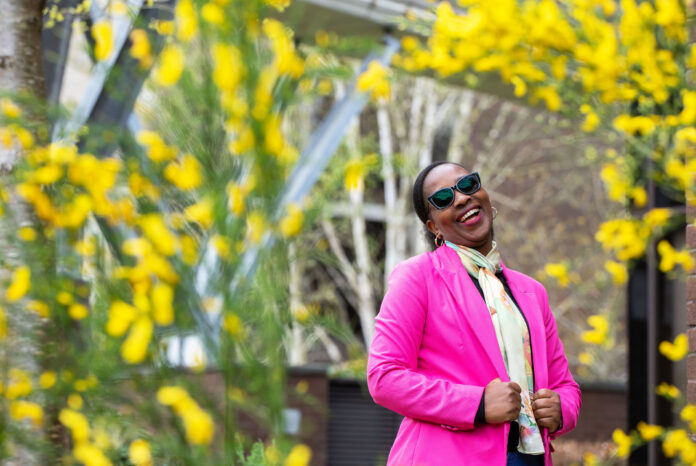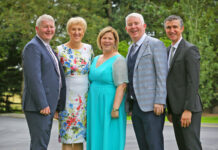
A PROJECT focusing on sustainable agriculture practices and knowledge sharing in Western Uganda has won the University of Limerick Sustainability Challenge.
Rebecca Tumwebaze’s work involved local matooke (green banana) farmers, larger commercial farmers, agriculture specialists and government officials to develop sustainable agriculture practices in the Rubaya region of Uganda.
Rebecca, who is a PhD student in the Kemmy Business School, said her success showed that UL is interested in tackling climate challenges not just on a local and regional basis but on a global basis.
“My work in Uganda can be adapted and used in other parts of the world. Parts of Asia and Sub-Sahara African are some regions that the results and conclusions from Uganda can be adapted and can contribute to sustainable agriculture elsewhere in the world.
“It brings a new aspect of how knowledge should be created within communities, not the current or traditional top-down approach. We now have to involve local communities in developing their own practices as sustainability in general must be looked at as context specific.
Rebecca’s project was one of five finalists selected after UL President Professor Kerstin Mey set a challenge to the student community last November to come up with novel ways to tackle the climate crisis.
The selected projects each received up to €10,000 to develop their ideas and to stimulate sustainable solutions which were to be tested on the UL campus or in the wider region.
The projects demonstrated the depth of research within the UL community and covered areas such as plastic recycling, thermal energy monitoring, improving sustainable agricultural practices in Uganda, biodiversity in the Shannon Estuary, and efficiency improvement and cost reduction in hydrogen manufacturing.
The overall winner was announced following a Dragon’s Den style event as part of UL’s Research Week during which the five teams had to pitch their projects to a panel of experts.
They were evaluated on the basis of targets, feasibility plan and societal impact.









